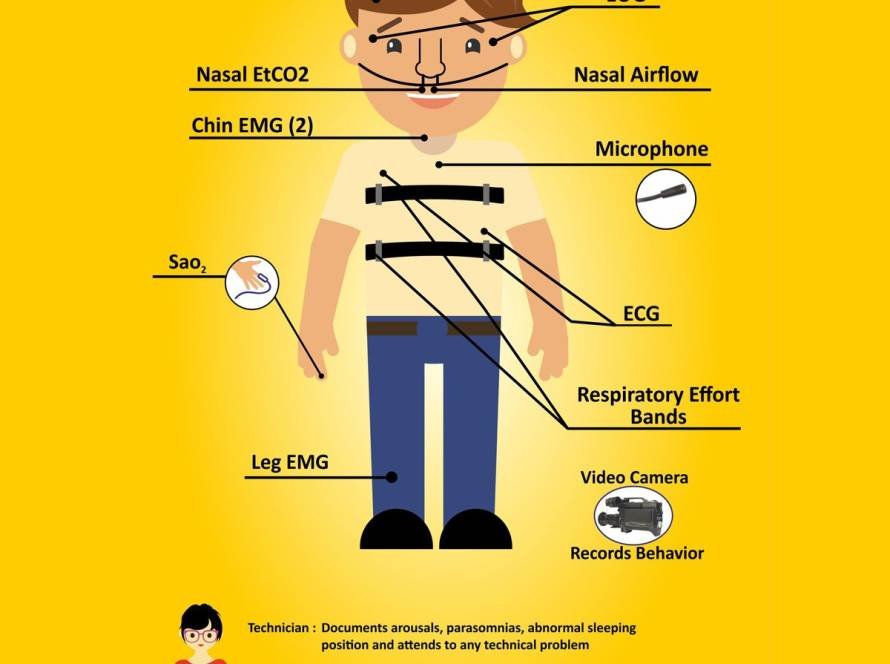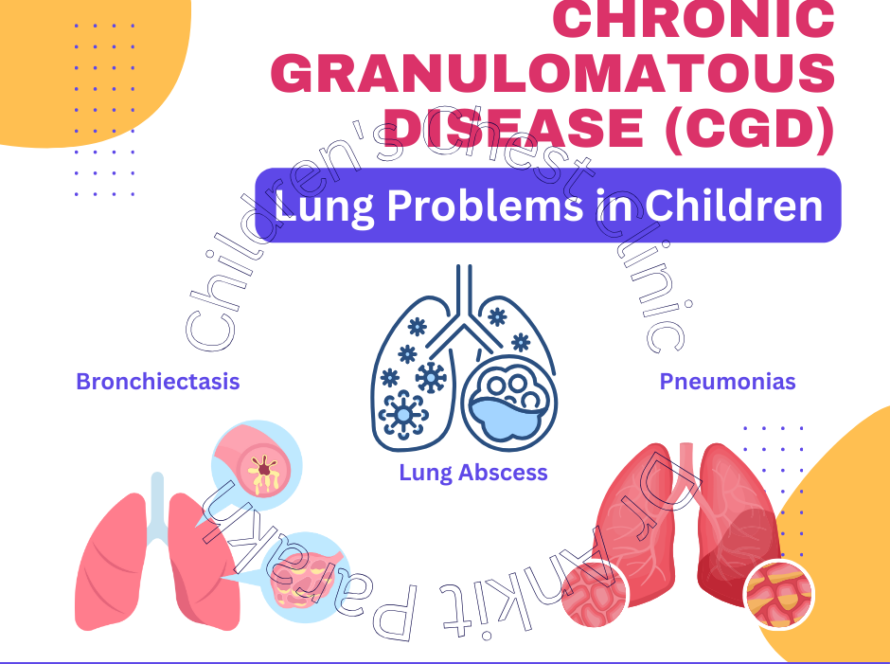Chronic Urticaria and Its Relation to Food Allergies: A Comprehensive Overview
Chronic urticaria (CU) is a condition characterized by the presence of hives or wheals lasting for six weeks or longer. These red, itchy welts can appear anywhere on the body, causing significant discomfort and affecting quality of life. While there are various triggers for chronic urticaria (CU) one of the most commonly discussed but often misunderstood connections is the relationship between chronic urticaria and food allergies.

What is Chronic Urticaria?
Chronic urticaria is a persistent form of hives that can be either spontaneous (occurring without any known trigger) or inducible (triggered by factors like pressure, heat, cold, or physical exertion). The condition can be challenging to manage, as it can fluctuate in severity and often resists conventional treatments. It is not uncommon for patients to experience concurrent angioedema, which causes deeper swelling beneath the skin, especially around the eyes, lips, or throat.
The Role of Food Allergies in Chronic Urticaria
Food allergies are one of the most discussed potential causes of urticaria, particularly in acute cases. However, in chronic urticaria, the role of food allergies is less clear-cut and often misunderstood. Many people believe that food allergies play a major role in chronic hives, but research suggests that only a small percentage of CU cases are directly caused by food allergens.
Acute vs. Chronic Urticaria and Food Triggers
- Acute Urticaria: In acute cases, food allergens such as shellfish, nuts, eggs, or dairy can trigger hives almost immediately after consumption. These reactions are typically mediated by immunoglobulin E (IgE), leading to a rapid allergic response.
- Chronic Urticaria: In chronic cases, the link to food allergies is less direct. Some studies suggest that certain food intolerances or sensitivities, rather than true allergies, might exacerbate symptoms.
Why Food Allergy Is Rare in Chronic Urticaria
While food allergies are a major cause of acute hives, they are rarely the culprit behind chronic urticaria. In chronic cases, the immune response involved is different. CU is typically an autoimmune condition where the body’s immune system mistakenly attacks its own skin cells, leading to the release of histamine. This process is often unrelated to food allergens.
However, in some cases, chronic urticaria patients may experience “pseudoallergic” reactions. These are not true allergies but rather intolerance to certain food substances, such as preservatives (sulfites, benzoates), artificial coloring agents, or natural compounds found in foods that can lead to histamine release.
Identifying Food-Related Triggers in Chronic Urticaria
Patients often attribute their urticaria flare-ups to specific foods, but identifying these triggers can be difficult. To determine whether certain foods are exacerbating the condition, healthcare providers may recommend an elimination diet. This process involves cutting out suspected foods for a period of time and slowly reintroducing them to observe any reactions.
Diagnosis and Management
Since food allergies are rarely the primary cause of chronic urticaria, thorough testing is crucial. This may include blood tests to measure IgE levels, skin prick testing, or even elimination diets to rule out food-related triggers. For many CU patients, the condition is idiopathic, meaning no identifiable cause is found.
Common Treatment Approaches:
- Antihistamines: These are the first line of treatment, helping to control histamine levels in the body.
- Elimination Diets: Used under the supervision of a healthcare provider to identify possible food triggers in rare cases
- Immunosuppressants or Biologics: In more severe cases, drugs like omalizumab (an anti-IgE antibody) may be prescribed.
Conclusion
The relationship between chronic urticaria and food allergies is complex. While food allergies are a common cause of acute urticaria, they rarely play a significant role in chronic cases. For those living with chronic urticaria, it is essential to work closely with an allergist to identify potential triggers and create a personalized treatment plan. If you suspect that your child’s chronic urticaria is linked to food allergies or intolerances, consult a child allergist for proper testing and management.






